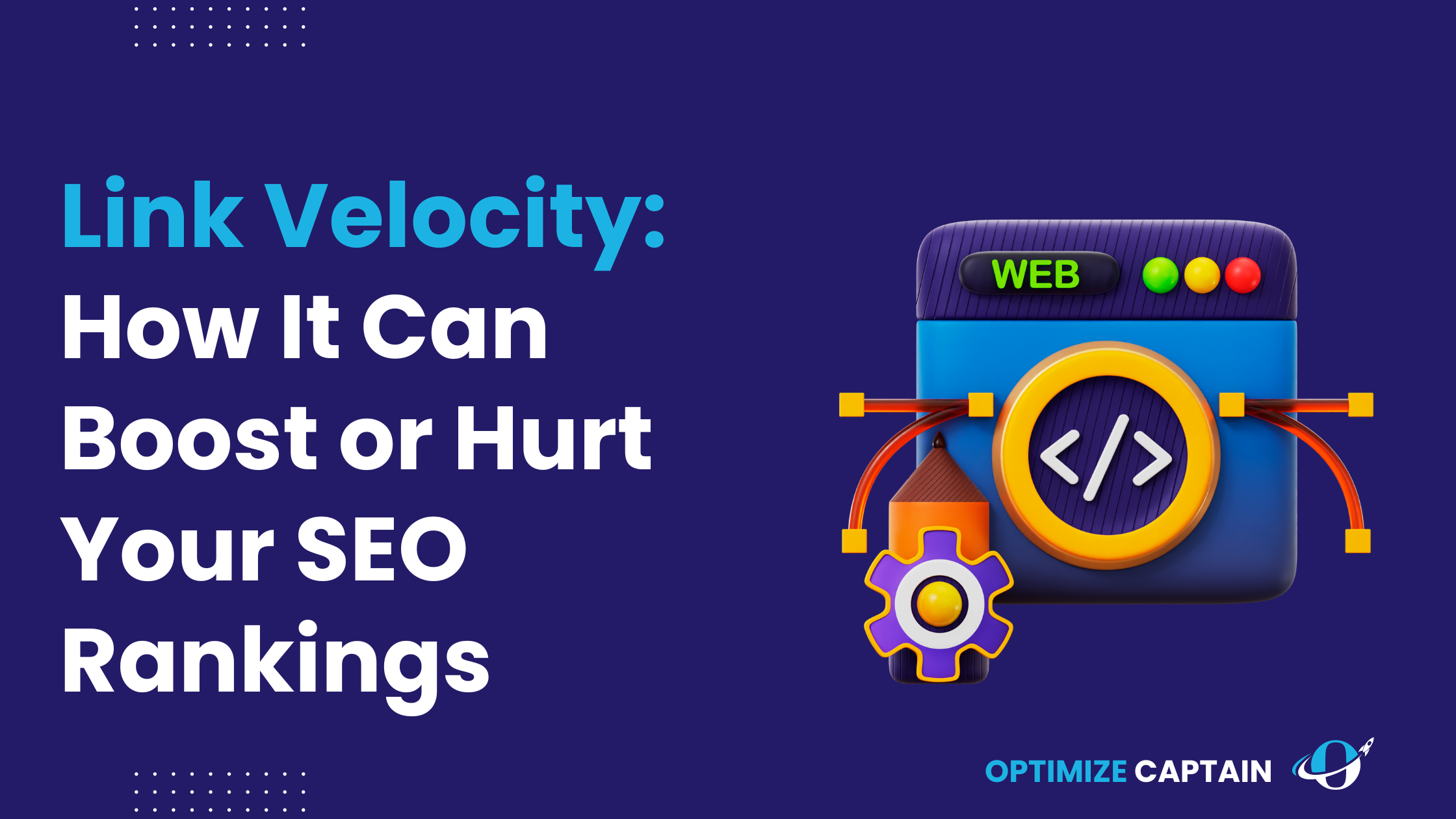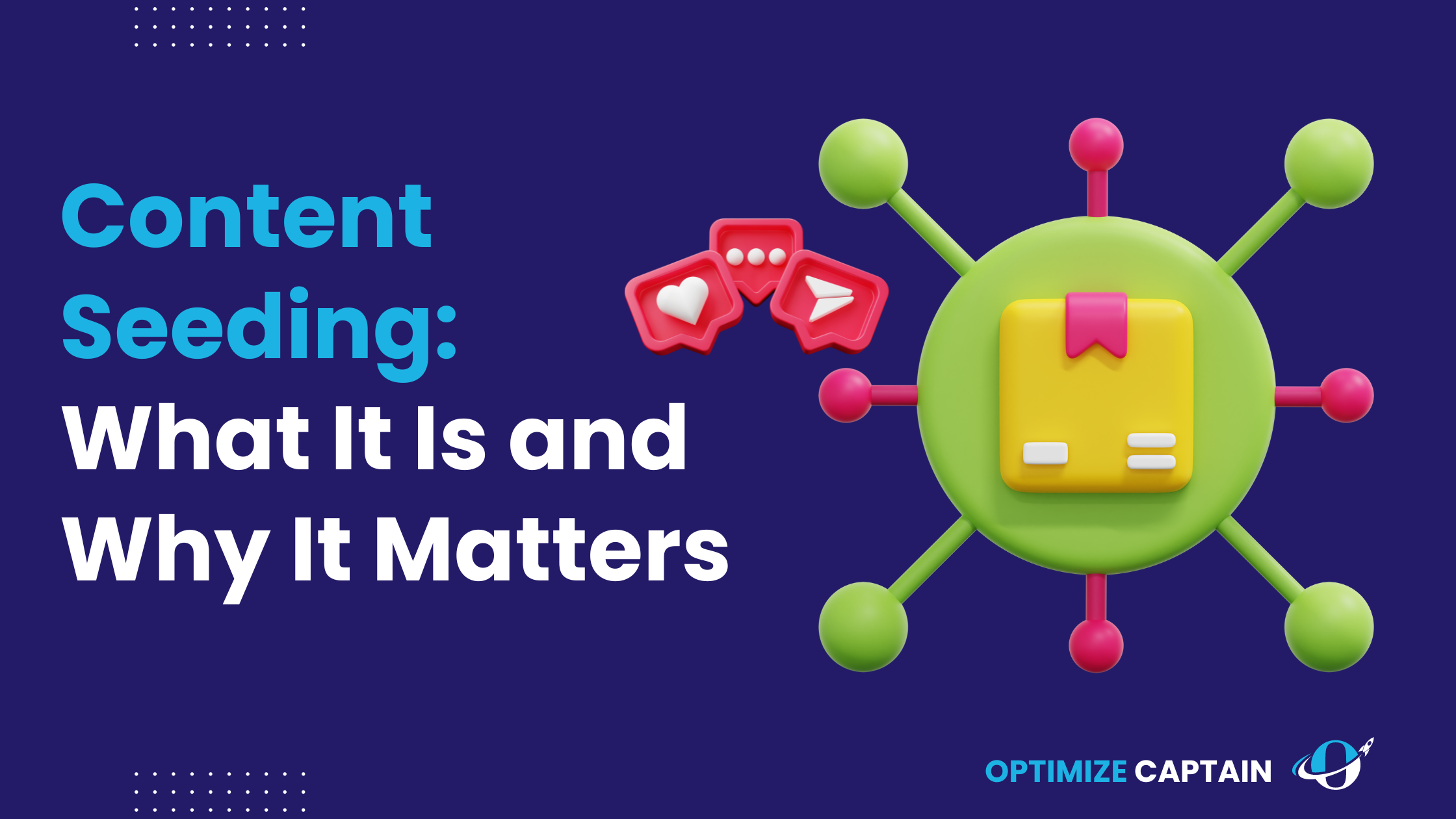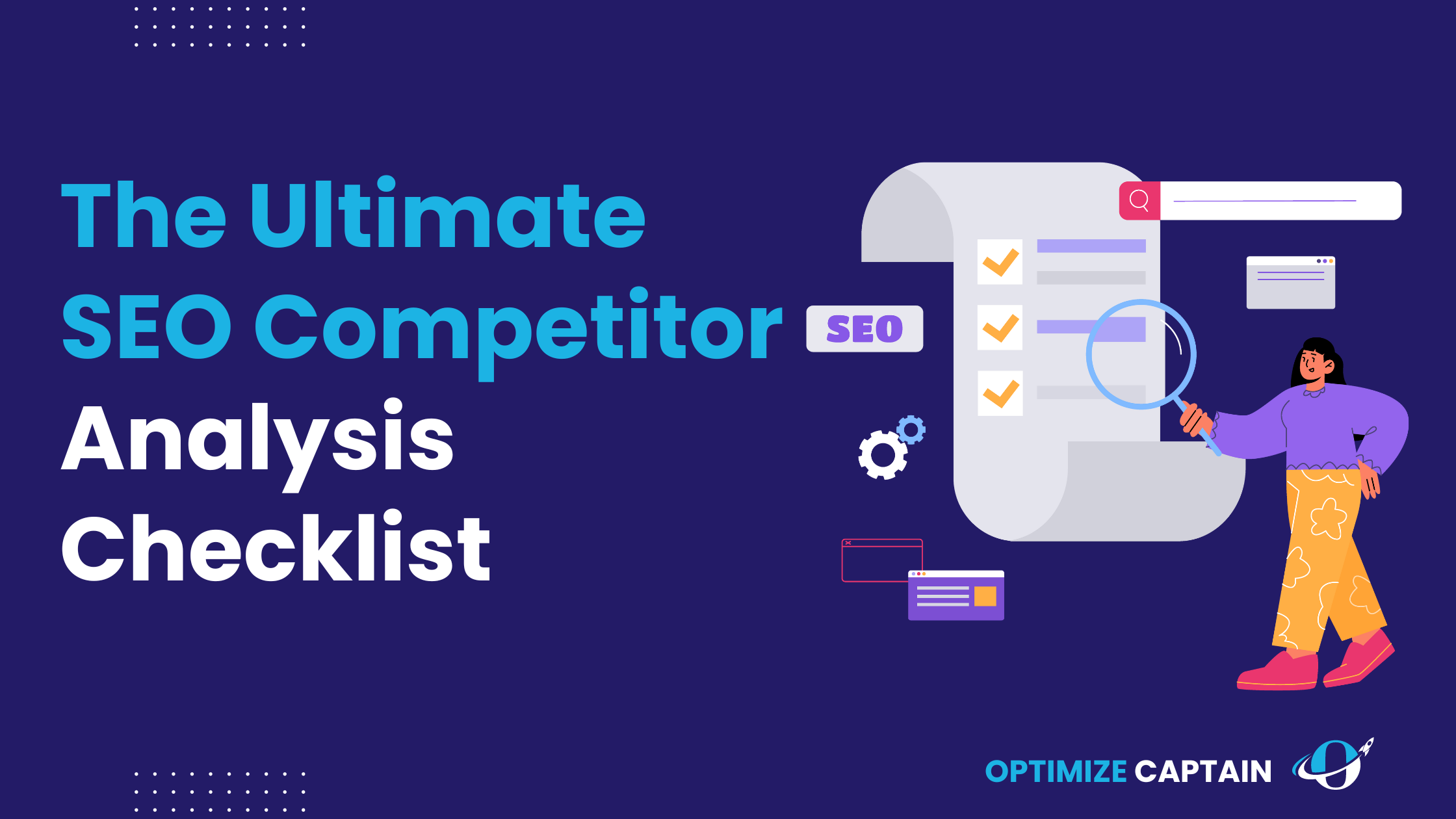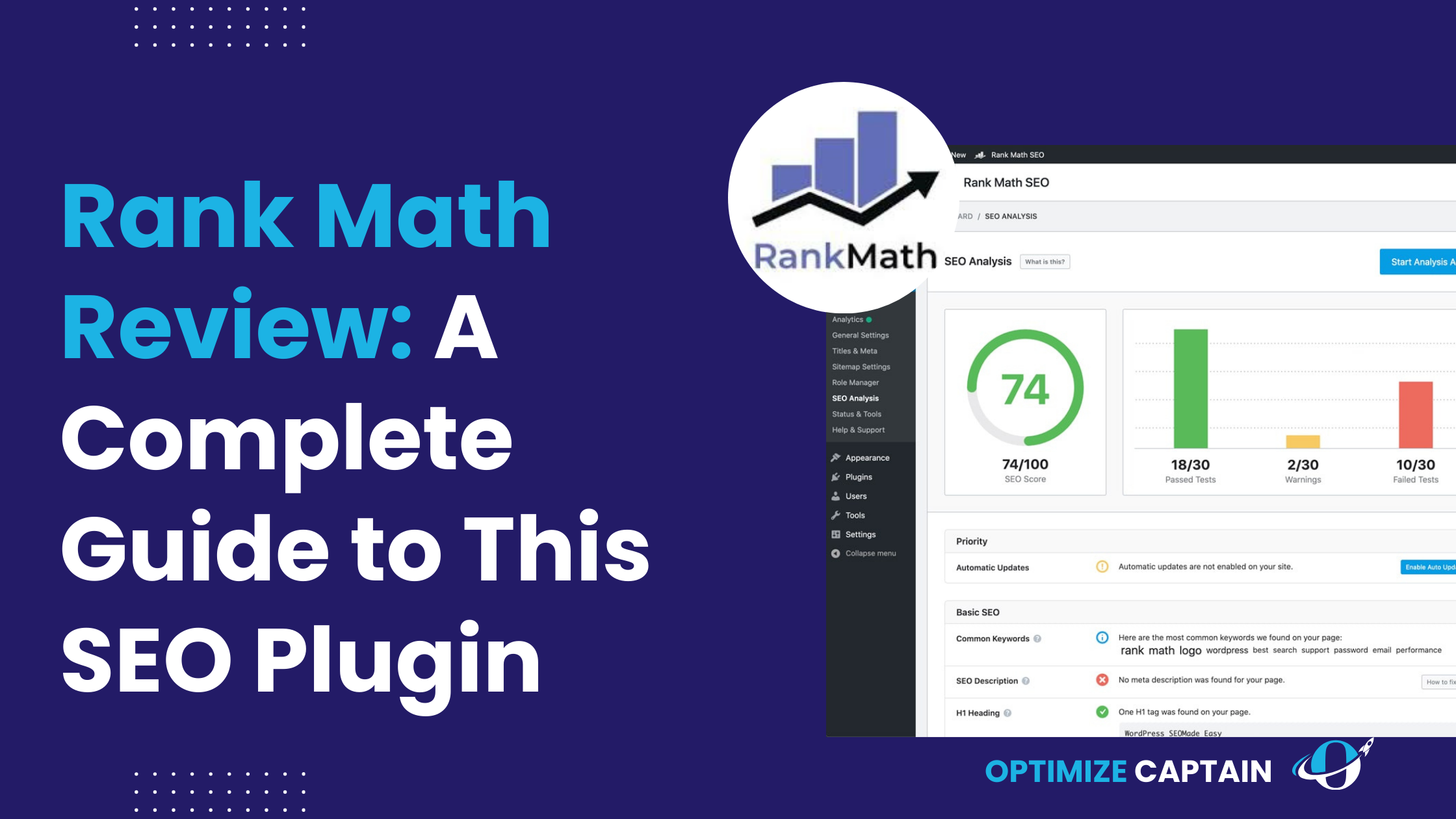Editorial links are among the most valuable forms of backlinks in the SEO world. Unlike other links that may be exchanged, bought, or requested, editorial links are earned organically. They are provided by other websites when they find your content valuable and worthy of sharing. These links signal to search engines that your content is credible and authoritative, which can help improve your search rankings.
Editorial links are essential in building your website’s domain authority, generating organic traffic, and earning the trust of both users and search engines like Google. The best part? These links are naturally earned, making them a white-hat SEO strategy that keeps you clear of penalties.
In this article, we’ll cover everything you need to know about editorial links, how they differ from acquired links, and how to earn them through effective strategies.
What Are Editorial Links?
Editorial links are a type of backlink earned naturally when other websites reference your content because they find it valuable, informative, or authoritative. These are not bought or exchanged links but are given freely by a website because they see your content as worth linking to.
Editorial links often result from creating high-quality, link-worthy content such as research reports, unique insights, or in-depth guides. These links indicate to Google and other search engines that your website is trustworthy and credible, which can boost your SEO rankings and increase organic traffic.
Why Are Editorial Links Important for SEO?
Editorial links play a crucial role in improving your website’s SEO in several ways:
- Improves Domain Authority:
These links typically come from high-authority sites, boosting your website’s domain authority. Domain authority (DA) is a ranking factor that helps search engines determine the relevance and trustworthiness of your website. Websites with a higher DA have better chances of ranking at the top of search engine result pages (SERPs).
- Boosts Organic Traffic:
Since editorial links come from reputable websites, they help direct more traffic to your site. This traffic is highly relevant because it comes from genuinely interested users in your content or product.
- Strengthens Trust with Google:
Editorial links signal to Google that authoritative websites are recommending your content. This enhances your site’s credibility in the eyes of search engines, reducing the risk of penalties. It also differentiates you from websites that rely on black-hat tactics or paid backlinks, which Google frowns upon.
Related Read:Practical Guide to Avoid Google’s Link Building Penalities
How Editorial Links Are Different from Acquired Links
Editorial links differ significantly from acquired links. Acquired links, such as those gained through guest posting or link exchanges, involve an active outreach effort or negotiation, whereas editorial links are earned organically without direct request. Here’s a breakdown of the key differences:
- Editorial Links: Earned because another website voluntarily links to your content, deeming it valuable or relevant to its audience. These are natural, unbiased links.
- Acquired Links: These include guest posts, reciprocal links, or links placed through agreements with other websites. While not inherently bad, acquired links do require effort on your part, often involving direct outreach, partnerships, or contributions.
Example: Let’s say you write an in-depth article about the latest trends in digital marketing and a respected site like Forbes links to it in an article they publish. That’s an editorial link. You didn’t ask for it; it was earned because of the value of your content.
On the other hand, if you write a guest post for a smaller niche blog and include a backlink to your site, that’s an acquired link. You initiated the process by contributing content in exchange for a link.
Why Editorial Links Are Better: Search engines consider editorial links more valuable because they’re considered a genuine endorsement of your content. Since editorial links are not paid or part of an exchange, they are typically viewed as a trust signal for search engines. Acquired links, if not handled carefully, could be viewed as manipulative, especially if they come from low-quality or irrelevant websites.
How to Earn Editorial Links
Gaining editorial links requires effort, strategy, and patience. Here are some effective strategies to get started:
- Publish Unique Research and Data
One of the most effective ways to attract editorial links is by creating content that features original research, statistics, or unique insights. Websites often look for data to support their arguments, and if you provide valuable statistics, they are likely to link to your content.
Example: Suppose you publish a report on “The Impact of Social Media on Consumer Behavior” with original data collected from surveys. Publications, blogs, or industry experts may cite your report when discussing social media trends linking to your website. Ahrefs, for example, has gained thousands of backlinks from a single research report they published on organic search trends.
- Create Evergreen Content
Evergreen content, such as how-to guides, in-depth tutorials, and foundational industry knowledge, remains relevant and valuable. These types of content are more likely to get linked to because they provide consistent value and are often referenced in other articles.
Pro tip: Ensure your evergreen content is regularly updated with the latest information to stay relevant and attract editorial links.
- Leverage Public Relations (PR)
A strong PR strategy can earn you editorial mentions in top-tier publications. For example, a well-timed press release or a newsworthy event can generate buzz when you release a new product. Publications may pick up your story and provide you with valuable editorial backlinks.
Example: A company launching a groundbreaking product can generate significant media coverage through press releases. A tech company that introduces a unique software feature could be featured in tech blogs, and these articles will link back to the company’s website.
- Network with Journalists and Bloggers
Building relationships with industry journalists and bloggers is key to securing editorial links. These content creators always seek valuable sources to back up their articles. By establishing connections and offering your expertise or insight, you can increase the chances of your content being mentioned.
Example: Consider platforms like HARO (Help a Reporter Out), where you can sign up to respond to journalist queries. Once in the system, you can receive daily emails from journalists seeking expert opinions or sources for their stories. By responding to relevant queries, you can secure editorial links from news outlets and blogs in your industry.
How HARO Works: Once you sign up for the free service, you will receive daily queries from journalists who need expert contributions. These requests cover various industries like technology, health, and business. By providing valuable insights that align with your niche, you can build a solid relationship with journalists and earn backlinks from high-authority sites like Forbes or Business Insider.
Respond only to queries relevant to your expertise. Irrelevant pitches will not help build your brand’s authority or generate meaningful links.
- Offer Valuable Content to Niche Blogs
Targeting niche blogs relevant to your industry can also be an effective way to earn editorial links. Guest posting is one method to achieve this. Still, another strategy is to build relationships with bloggers and offer them valuable insights or tools they can reference in their existing content.
Example: Let’s say you run a website specializing in eco-friendly products. You could offer insights into sustainable packaging trends, providing bloggers with the information they need to back up their content. Over time, they may link to your blog as a trusted source.
Challenges of Earning Editorial Links
While editorial links are highly beneficial, earning them comes with its challenges:
- Time-Consuming Process:
Unlike paid or reciprocal links, earning editorial links is an organic process that takes time. You must create valuable content, promote it, and wait patiently for other websites to notice.
- Building Credibility:
It would be best if you were considered an industry authority before reputable websites link to your content. This means producing great content, engaging in community-building, speaking at industry events, or writing for established publications.
- Competing for Attention:
Many industries are saturated with content, and getting noticed by top-tier publications or influential bloggers can be difficult. The key is consistently producing quality content and persisting with outreach efforts.
Best Practices to Sustain a Steady Flow of Editorial Links
Once you start earning editorial links, it’s important to maintain a steady flow of them over time. Here’s how:
- Keep Publishing High-Quality Content:
It is essential to regularly update your website with fresh content that offers value to your audience. This ensures that your content stays relevant and link-worthy.
- SEO Optimization:
Make sure your content is SEO-optimized to improve its visibility in search results. This makes it easier for bloggers, journalists, and other content creators to find and link to your website.
- Monitor Mentions and Follow-Up:
Tools like Google Alerts can notify you when your brand or website is mentioned online. If you notice that a website mentions you without providing a link, a polite email can turn that mention into a valuable editorial link.
- Continue Building Relationships:
Keep fostering relationships with journalists, bloggers, and influencers in your industry. Offer them valuable insights or data that align with their content, and over time, they will continue to reference and link back to your website.
Conclusion
Editorial links are among the most valuable assets in building a strong SEO foundation. They are earned naturally when your content is seen as practical or authoritative by others, helping to boost your site’s credibility and visibility in search engines. By consistently creating high-quality content, fostering relationships with key influencers, and implementing smart link-building practices, your website can gradually build a robust backlink profile that improves search rankings.
That said, developing and executing a successful link-building strategy can be time-intensive. For businesses looking to optimize their efforts, seeking professional support can significantly improve both speed and effectiveness.
If you’re looking for a reliable partner to help with link-building strategies, We at Optimize Captain specialize in securing high-quality editorial links that help grow your website’s authority. We can work together to build a strategy that fits your business and gets results.
FAQs on Editorial Links
1.What Is the Difference Between Editorial Links and Paid Links?
Editorial links are earned naturally, while paid links involve compensating another website to include your link. Paid links violate Google’s guidelines and can result in penalties, whereas search engines highly value editorial links for their organic nature.
2. How Can I Attract More Editorial Links?
To attract more editorial links, create unique, high-quality content, such as research reports, infographics, and in-depth guides. Sharing valuable insights and resources increases the chances that others will link to your content without outreach.
3. Do Editorial Links Always Have to Be from High-Authority Sites?
No, while links from high-authority sites are ideal, editorial links from niche-specific sites can also be valuable. As long as the link is natural from a relevant and trusted source, it can positively impact your SEO.
4. Are Editorial Links Safe for SEO?
Yes, editorial links are among the safest types of backlinks for SEO. Since they are earned naturally and not part of any link scheme, they pose no risk of Google penalties.
5. Can Acquired Links Hurt My SEO?
Acquired links can hurt your SEO if they come from spammy or irrelevant websites or if they are part of a paid or manipulative link scheme. However, when acquired naturally from relevant, high-quality websites, they can still have a positive impact.





